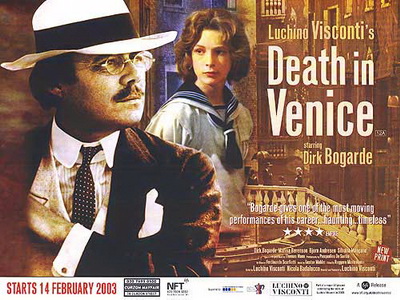

Portia's brilliancy much later on in the play shall not come as a surprise to the audience, most particularly when the devious Shylock gets outsmarted by her. This quality is quite significant, given her subsequent significance in the plot's development. Secondly, Portia is introduced to us here- not just as the fair entity of Bassanio's love, but also as a lady of strong humor and character, understanding of the individuals surrounding her and quite capable of holding her own in verbal war with any character in the play. First and foremost, it outlines for us the tool of the caskets that shall give the dramatic grounds for the scenes whereby the several suitors "hazard" their selection of the suitable casket for the hand of Portia in marriage. We can essentially say that this particular scene is composed of three main purposes. Portia reasonably declines getting married to a "sponge."

There is also Scot, who is defined by his rage towards the English and lastly, there is the German who apart from drinking does nothing else. Conversely, the English suitor impacts European fashions in attire, but gets each and every one of the national trends (in literature, music, etc.) totally confused, and declines communicating in any other language apart from his own. Apart from speaking of his horse, there is nothing else that the Neapolitan prince does, a trait of a southern Italian the Palatine County is an unadulterated dullard he is not capable of laughing at anything "Monsieur Le Bon" is "every man in no man"- meaning that he has several variable and superficial natures, however, no single and significant one (according to Portia, getting married to him would be like getting married to twenty husbands). Portia's rejection of all her suitors matches the caricatures of her age of the normal German, Italian, and many more. It is at this particular juncture that Shakespeare provides his audience the traditional Elizabethan satiric perspective of the other European countries. Of Male Masochism and Shakespeare's Antony and Cleopatra." Literature and Psychology. "Like the lover's pinch, which hurts and is desired: The Narrative Retrieved Septemfrom HighBeam Research Library eb site.

"Shakespeare's Venetian paradigm: stereotyping and Sadism in The Merchant of Venice and Othello." Papers on Language & Literature. "omen's Matters: Politics, Gender, and Nation in Shakespeare's Early History Plays." Comparative Drama. Retrieved Septemfrom HighBeam Research Library eb site.ĭesmet, Christy. "Enter the Body: omen and Representation on Shakespeare's Stage." American Theatre.


 0 kommentar(er)
0 kommentar(er)
